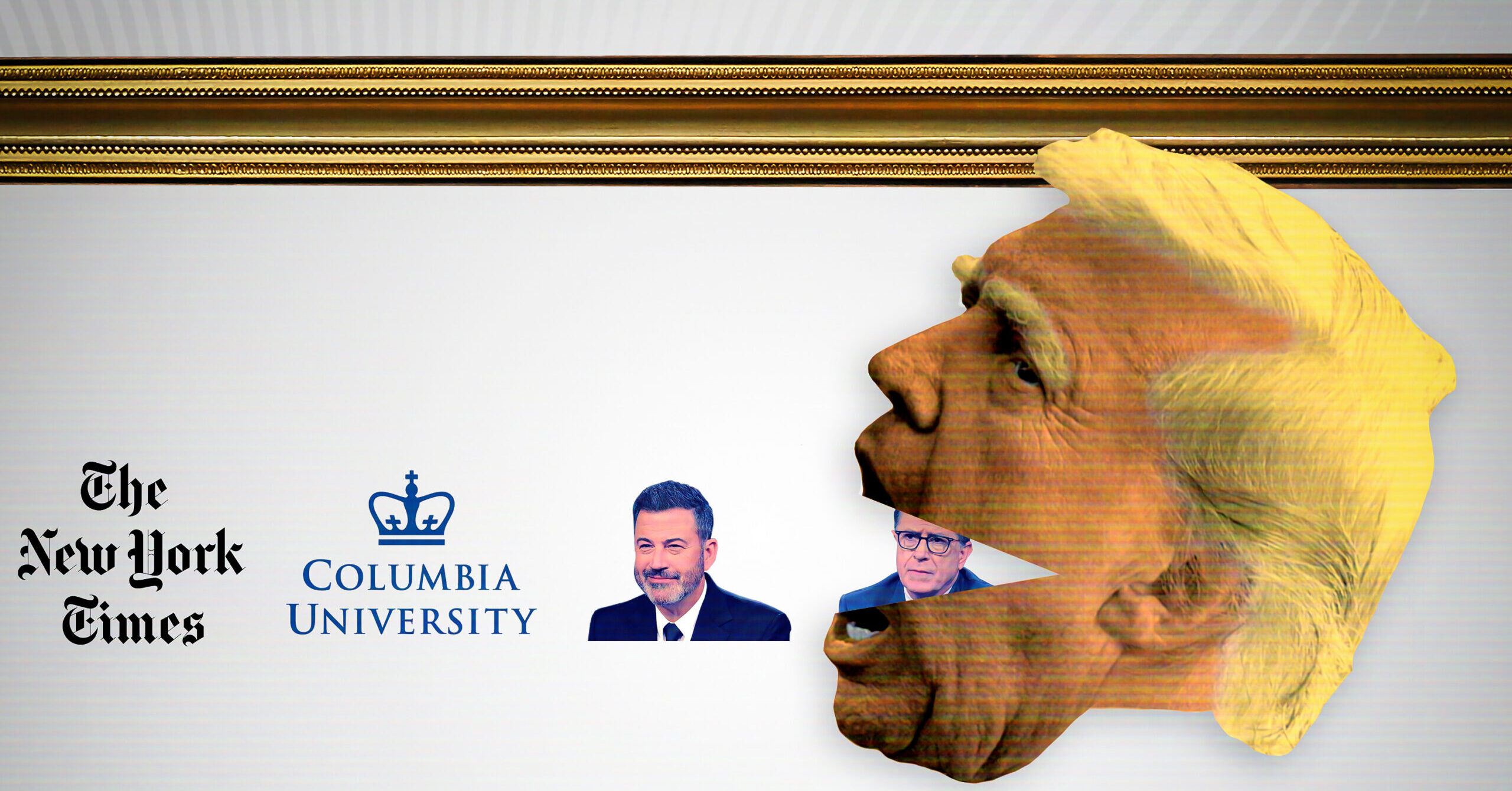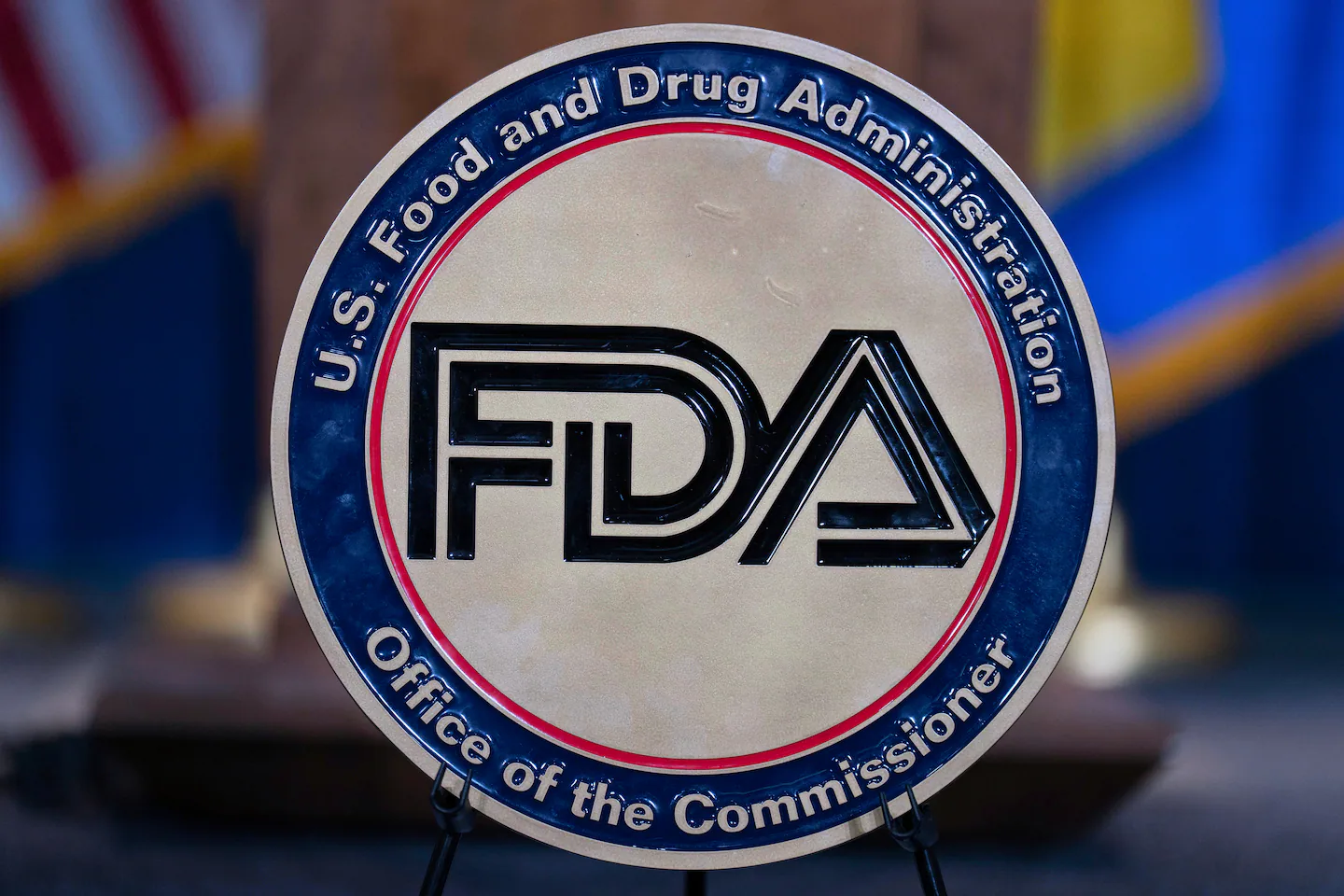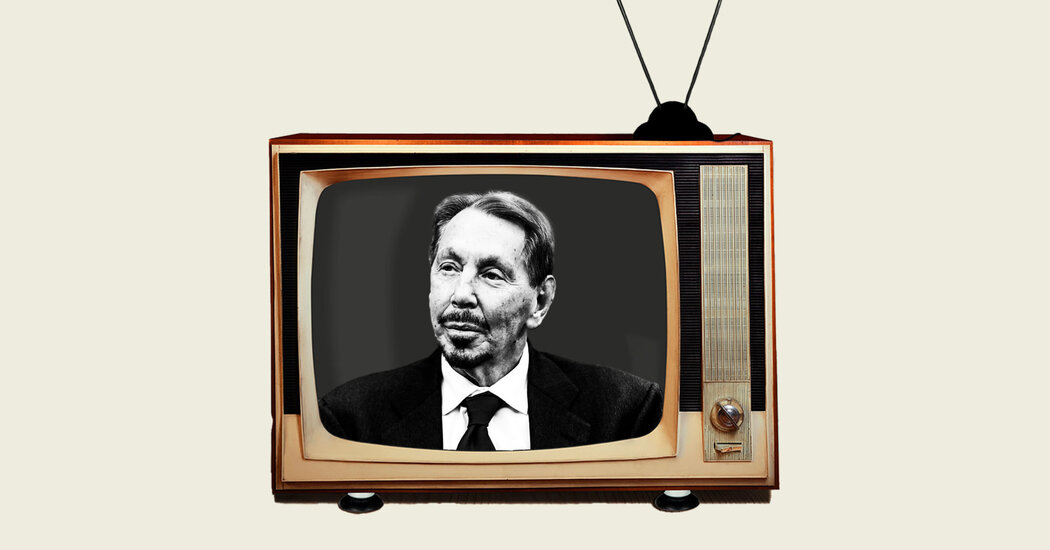
Let history record that when the battle began, Disney CEO Bob Iger did not surrender at once. Oh, no. Iger is one of the most powerful media executives on earth, the ruler of an empire with almost unimaginable cultural influence; he’s dizzyingly rich, phenomenally well-connected, the head of a vast army of lawyers and lobbyists, a man for whom doors are opened, a man for whom umbrellas are held, a man nobody pushes around. Of course he didn’t surrender immediately. He surrendered after waiting one afternoon and part of an evening. Among the leaders of American institutions in 2025, that’s what you call self-respect.
What happened is that on Monday, Jimmy Kimmel, the longtime ABC late-night host, made some comments on his show about the MAGA movement’s response to the murder of the far-right activist Charlie Kirk. Donald Trump and his legion of MAGA content creators have been trying, without evidence, to blame leftists for Kirk’s death; given how much about the case and the shooter remains unknown, Kimmel characterized this as trying to “score political points.” Kimmel’s show then rolled a clip in which a reporter asked Trump how he was holding up after Kirk’s killing. “I think very good,” Trump said, before emphatically touting the start of construction for a new ballroom at the White House.
On Wednesday afternoon, Trump’s FCC chair, Brendan Carr, went on Benny Johnson’s right-wing podcast and threatened to revoke ABC’s broadcast license unless Disney, which owns ABC, did something to muzzle Kimmel. “We can do this the easy way or the hard way,” Carr said. Shortly after Carr made those remarks, broadcast conglomerates Nexstar and Sinclair said they would pull Kimmel’s show from their local ABC affiliate stations. For a few heroic hours, Disney did nothing. Then Iger and his brain trust looked bravely into their hearts, or at least their quarterly revenue projections, and folded like a cotton picnic blanket, putting Kimmel’s show on indefinite hiatus.
The context here is illuminating, if that’s a word that can be used for a situation suffused with this much darkness. The MAGA movement wants to memorialize Kirk, the cofounder of Turning Point USA who was known for debating students on college campuses across the country, as a champion of free speech. Yet by MAGA logic, Kirk’s association with free speech justifies the government’s attempts to silence anyone who speaks freely about him in a way the movement doesn’t like. This includes referencing many of Kirk’s explicitly stated positions, such as his belief that someshooting deaths are “worth it” in order to preserve gun rights, that “Nuremberg-style” trials should be held for doctors who practice gender-affirming care, that in a hypothetical scenario he would deny his 10-year-old daughter access to an abortion if she were a rape victim, and that “prowling Blacks” targeted white people “for fun.”
Even before Kirk’s death, the Trump administration had spent months harassing its media critics through a mixture of lawsuits and regulatory threats. Things have now gotten so bad that The Washington Post fired the columnist Karen Attiah this week for a Bluesky thread in which she referred to Kirk only by quoting something he’d said. (It was a comment impugning the intelligence of Black women.) How better to secure the legacy of the great defender of free speech than by censoring his speech, and also our own?
Back in July, Paramount Global canceled Stephen Colbert’s Late Night after he bashed the network’s decision to pay Trump millions to settle a lawsuit. Afterward, on Truth Social, he wrote that Kimmel would be next. So it was no great shock when Carr issued his ultimatum; the question was how Disney would respond. And Disney responded the way that many powerful American institutions have recently responded to similar threats: by curling up into a tiny ball and doing whatever Trump wanted.
Welcome to the funhouse-mirror moral universe of 2025, where opposing cancel culture means leveraging federal power to get your opponents canceled, where draining the swamp means leveraging federal power to enrich the president’s family, where keeping Americans safe means leveraging federal power to terrorize American cities, and where holding power in institutions outside the government means performing cringing obedience to Trump’s whims. What’s so maddening about Disney’s capitulation on Kimmel isn’t that it’s cowardly and unjust in itself—though it’s both—but that it’s part of a growing chain of similar capitulations, one domino after another, powerful institutions yielding with barely the hint of a fight. And what’s maddening about that isn’t just that it’s revealing many of our leaders to be craven cynics—though it is—but that even by the cynical standards of those leaders, capitulation is a bad tactic. It doesn’t work. Institutions that give in only set themselves up for more punishment. Columbia University, which bent over backward to accommodate Trump’s demands, only won itself the right to pay the government $221 million, eviscerate its diversity programs, and reshape its identity. It could have fought back, but its leaders were apparently so allergic to principle that they chose to pursue a self-defeating course of appeasement rather than risk defending any principle at all.
The elite law firms Trump targeted with brazenly absurd executive orders? Most of them caved, though you’d think the world’s best lawyers would be in position to defend themselves in court. The elite universities whose funding Trump froze on brazenly absurd grounds? Most of them caved, too—the University of Virginia even replaced its president to pacify the White House—though you’d think the world’s best scholars would know better than to surrender to anti-intellectual despots. The tech CEOs whose fortunes would seem to place them beyond the reach of mere heads of state? Look at them fawning over Trump in the hope of avoiding regulation or of landing a contract to install a genocidal AI agent at the Department of Defense.
News organizations are reshaping themselves to placate him. Tim Cook, who runs arguably the most powerful corporation in U.S. history, gave Trump a gold plaque “with trembling hands,” according to a report in USA Today. When Rolex invited Trump to sit in its box at the U.S. Open, presumably in an attempt to persuade him to dial back the 39 percent tariff he’d imposed on Switzerland, the United States Tennis Association preemptively ordered broadcasters not to show him getting booed by the crowd. He was booed. They didn’t show it.
In almost none of these cases is it clear that caving to pressure from the White House left the individual organizations better off, and in all of these cases it’s clear that caving harmed their broader industries. Newspapers are now afraid to endorse candidates, something they’ve been doing for more than a century; law firms are afraid to take on cases that might rub the administration the wrong way. The logic of capitulation seems to be that doing what the bully wants will make him leave you alone, either because he knows it would be unreasonable to press for more or because he wants to move on to another victim. The logic of bullying, however, is that weak people make for the best victims, and the people who capitulate are weak. Columbia was weak, and Columbia may never recover. Media organizations have been weak; when Trump banned the Associated Press from the White House press pool, many other outlets stayed silent, hoping to protect their own access. The result? The White House seized control of the press pool anyway, stuffing it with MAGA-friendly outlets.
Each individual act of capitulation has emboldened Trump to press for more. It has also created a precedent that makes both the president’s assault on free institutions and those institutions’ relinquishing of their freedom seem normal. It says to the government, You have our permission to do this to us. Which is why every law firm that rolled over made things worse for the next law firm, every university that rolled over made things worse for the next university, and every media organization that rolled over made things worse for every writer, artist, reporter, comedian, and broadcaster who wishes to work without serving the MAGA propaganda machine.
With the exception of Paramount, which was recently sold to an owner aligned with that machine, each of these institutions would have been better served by fighting back. Not only because it was the right thing to do, but because it’s more likely to work. The Trump presidency is built on projecting an air of absolute power, but it’s deceptively weak in many ways. Trump is the most unpopular president of this century. His polling, by any normal standard, is terrible. His coalition of right-wing influencers has fractured over the Epstein files and conspiracy theories linking Israel to Kirk’s killling. Trump is elderly, seemingly in poor health, and increasingly out of touch. His cult of personality is the only thing holding his frayed administration together.
This is not, in other words, a regime too powerful to be resisted; it’s only playing one on TV. Speed and the appearance of inevitability are its strongest allies. Anything that slows it down or exposes its limitations is a threat. Any resistance that articulates a case against it openly and publicly is another threat. It can’t risk looking bogged down, looking constrained, or looking like it’s forced to plead a case. The moment that paper-thin perception of invincibility fails, the whole bogus facade becomes in danger of collapse. This is why Illinois Governor J.B. Pritzker’s full-throated assault on Trump’s plan to send federal troops into Chicago seemed to genuinely rattle the administration, which has mostly responded with avoidance. It’s why even the tepid resistance Harvard has offered to Trump’s attempts to force it to submit to him has left it in a stronger position than its more subservient peers.
If every MAGA-targeted institution had pushed back with all the force it could muster, some of them might have been badly damaged, even decimated. But the administration would now be fighting battles on more fronts than it could manage. It would be tied up in more debates than it could win, and its capacity to cause harm would be seriously reduced. Instead, many of our most high-profile leaders chose cowardice, and here we are.
The thing to watch now is the cartoonishly specious $15 billion defamation lawsuit that Trump has brought against The New York Times. The Times, by many people’s estimations, has recently tied itself in knots trying to put a Trump-friendly spin on its coverage, presumably in order to avoid precisely this kind of attack. But capitulation hasn’t worked. What the newspaper does now—whether it vigorously defends itself against the lawsuit, accepts more government oversight, or donates an eight-figure sum to Trump’s presidential library—will tell us something about the future of the free press in America.
The same logic holds for the Times as it does for every institution that winds up as a Trump fixation. Fight back and you might lose; don’t fight back and you’ve already lost.



